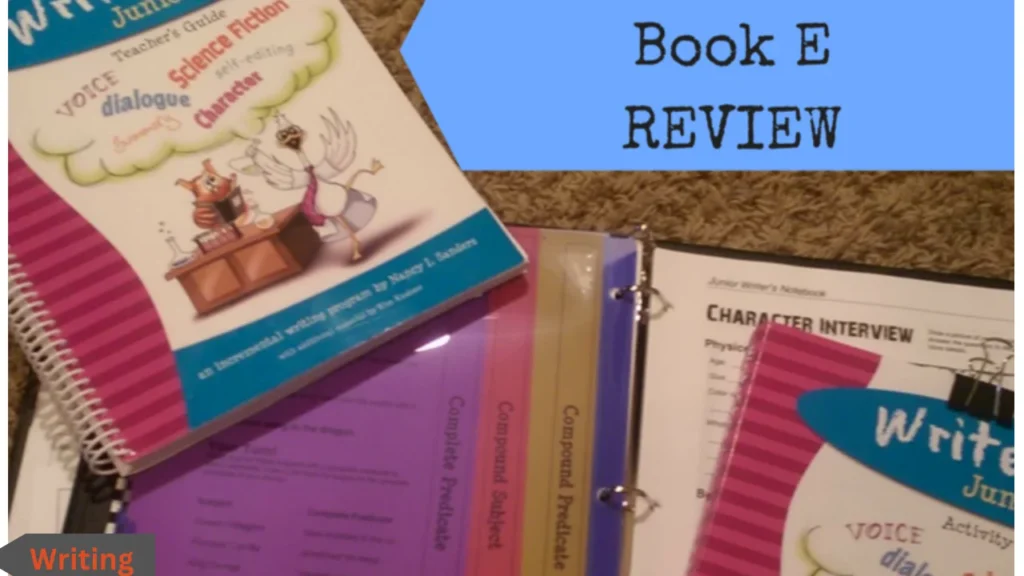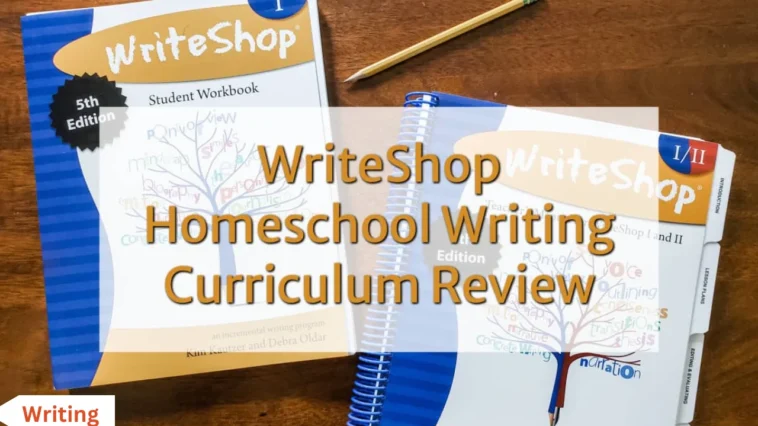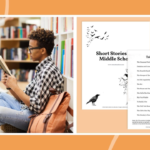Writing reviews is a valuable skill that allows teens to express their opinions, develop critical thinking, and share insights with others. Whether reviewing a book, movie, game, or product, learning how to craft engaging and thoughtful reviews can help teens sharpen their writing abilities and build confidence in their voices. This article presents a detailed curriculum for a teen review-writing workshop, ensuring a step-by-step progression from understanding reviews to publishing them.
1. Introduction to Review Writing
Objective: Understand the purpose and types of review writing.
The curriculum begins with an exploration of the basics: what a review is and why people write them. Reviews are everywhere — from YouTube videos to blog posts — and serve as tools to inform, persuade, and entertain audiences. Participants analyze examples of reviews for various subjects, such as books, movies, games, and consumer products. They will identify common elements, such as a summary, opinion, and recommendation, and discuss what makes these reviews effective.

Activities:
- Group discussion: “What is a review?”
- Analyze sample reviews to uncover structure and tone.
- Brainstorm a list of items or experiences to review.
Output: A list of potential review topics chosen by each participant.
2. Elements of a Good Review
Objective: Learn the key components of an effective review.
An engaging review has distinct parts: a captivating hook, a concise summary, a well-thought-out analysis, a clear personal opinion, and a recommendation for the audience. Teens will explore these components in detail and create a checklist of what to include in their reviews. Examples of strong and weak reviews will be compared to highlight effective writing techniques.
Activities:
- Identify the parts of well-written reviews.
- Create a checklist for writing a good review.
Output: A structured outline for a review of the participant’s chosen topic.
3. Audience Awareness
Objective: Write reviews tailored to specific audiences.
Writing with a clear audience in mind is essential for crafting meaningful reviews. Teens will explore how tone, language, and examples can change based on the target audience. Through role-playing exercises, they’ll practice writing reviews for different groups, such as their peers, parents, or the general public.
Activities:
- Role-play: Write reviews for specific audiences.
- Peer feedback to evaluate tone and accessibility.
Output: A revised review outline with a specific audience in mind.
4. Developing Critical Thinking and Analysis
Objective: Strengthen analytical skills to evaluate the subject critically.
A good review goes beyond mere likes or dislikes. Teens will learn to analyze their chosen subject by identifying evaluation criteria, such as plot and character development for books, or gameplay mechanics for video games. Comparative exercises will help them practice weighing pros and cons and making balanced judgments.
Activities:
- Create a list of evaluation criteria for their review subject.
- Write mini-reviews comparing two similar items.
Output: An expanded review draft with detailed analysis.
Related Article : 80 Short Stories for Middle School
5. Writing with Style and Voice
Objective: Develop a unique and engaging writing style.
A review’s style and voice can make it stand out. Teens will experiment with tone (formal vs. conversational) and literary devices like humor, metaphors, and anecdotes. Writing exercises will help them refine their style while ensuring clarity and readability.
Activities:
- Explore and experiment with different tones and writing styles.
- Revise drafts for clarity, flow, and engagement.
Output: A complete first draft of their review.
6. Editing and Polishing
Objective: Refine reviews for quality and coherence.
Editing is a crucial part of the writing process. Teens will learn self-editing techniques and participate in peer-editing workshops to provide and receive constructive feedback. They will focus on grammar, tone, structure, and alignment with their intended audience.
Activities:
- Use a self-editing checklist to revise their work.
- Peer-editing workshops for collaborative feedback.
Output: A revised and polished review.
7. Publishing and Presentation
Objective: Share reviews with a wider audience.
The final step is to showcase the teens’ work. Participants will explore different publishing platforms, such as school blogs, zines, or online review sites, and experiment with multimedia formats like video reviews or infographics. The program culminates in a “Review Showcase” event where they present their work.
Activities:
- Explore options for publishing reviews.
- Create multimedia presentations of their reviews.
- Host a “Review Showcase” event.
Output: Published or presented reviews in a chosen format.
8. Reflection and Growth
Objective: Reflect on the review-writing process and personal growth.
Reflection helps solidify learning. Teens will journal about their experiences, noting challenges and successes. Group discussions will allow them to share insights and celebrate their progress. They will also set goals for future writing projects.
Activities:
- Write a reflective journal entry on the workshop experience.
- Group discussion on what they learned and enjoyed.
Output: A reflection piece and personal writing goals.
Conclusion
This curriculum equips teens with the skills to craft thoughtful and engaging reviews while fostering critical thinking and creativity. Through this step-by-step process, participants gain confidence in their ability to analyze, write, and share their perspectives with the world. With their newfound skills, teens can become influential reviewers, contributing to meaningful conversations about the media and products they love.
Frequently Asked Questions (FAQs)
1. Who is this curriculum designed for? This curriculum is designed for teens aged 13-18 who want to develop their writing and critical thinking skills through review writing.
2. What types of reviews will participants learn to write? Participants will learn to write reviews for various subjects, including books, movies, games, products, and more. The curriculum can be tailored to their interests.
3. How long does the workshop take? The workshop can be adapted to different time frames, ranging from a single weekend session to a multi-week program, depending on the depth of instruction.
4. Do participants need prior writing experience? No prior writing experience is necessary. The curriculum is structured to guide participants step-by-step, making it accessible for beginners.
5. What materials or resources are required? Participants will need access to writing materials (notebooks, pens, or computers) and examples of reviews for analysis. Optional resources include multimedia tools for creating digital reviews.
6. How are participants’ reviews showcased? Reviews can be published on school blogs, community newsletters, or online platforms. The program culminates in a “Review Showcase” event where participants present their work.
7. What skills will participants gain? Participants will develop critical thinking, analytical writing, creativity, and audience awareness. They will also build confidence in expressing their opinions and ideas.
8. Can this curriculum be used in schools? Yes, this curriculum is ideal for schools, writing clubs, or community programs looking to enhance teens’ writing skills and engagement with media.
9. How is feedback incorporated into the curriculum? Participants receive feedback through peer-editing workshops, instructor guidance, and group discussions to refine their work and improve their writing skills.


